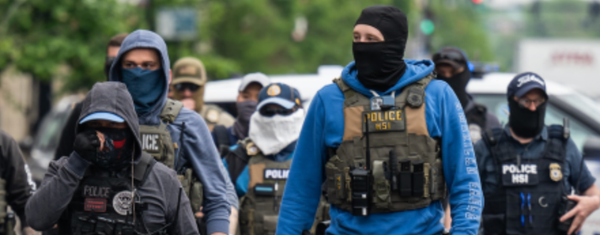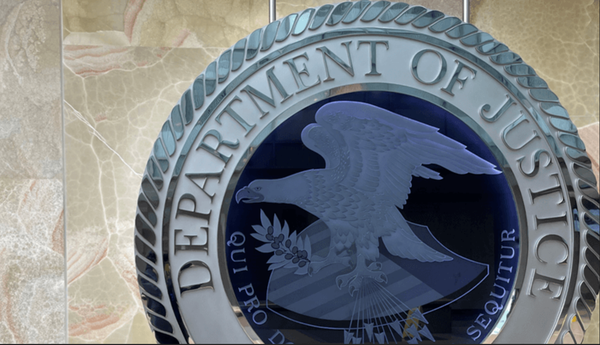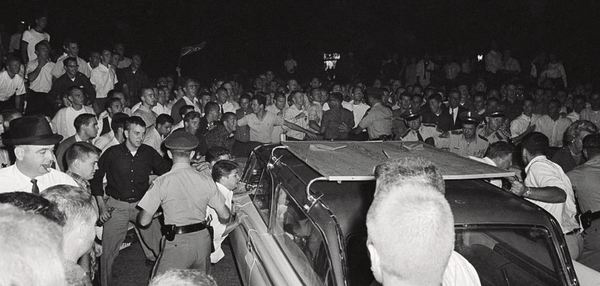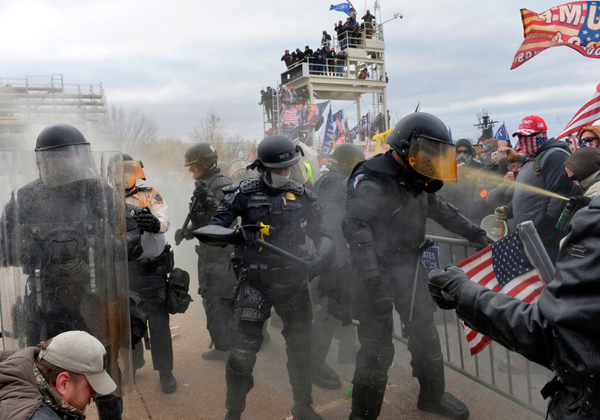The White Civility Council
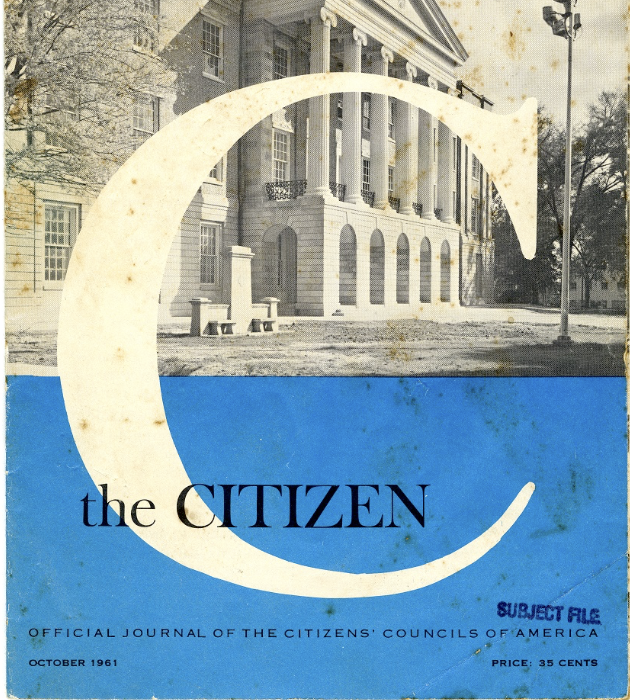
As the nation reckons with the assassination of conservative activist Charlie Kirk, there has been a notable trend from mainstream pundits and press outlets. They have tended to downplay or outright ignore the ugly things that he said and instead to stress the polite ways he said them. It's an emphasis on style over substance.
This approach has been widespread in the punditocracy, which has almost uniformly moved to hold Kirk up as a rare avatar of civil disagreement in an uncivil era. Ezra Klein's opinion piece in the New York Times, literally titled "Charlie Kirk Was Practicing Politics the Right Way," is a perfect example of this argument, but only the most prominent. Just this morning, a journalist with The Atlantic Monthly stirred up Bluesky by asserting flatly that Kirk was admirable because he "argued with civility."
While I think it's absolutely wrong to celebrate someone's death, I think it's equally wrong to distort their life after they're gone.
These pundits' paeans to Charlie Kirk's "civil" approach to politics ignore the many illustrations of his incivility. He had a record of making anti-Semitic comments, racist and sexist comments, attacks on religious minorities and immigrants that extended to spouting and defending the white supremacist "great replacement theory" that presents immigration of non-whites as a sinister conspiracy to destroy America.
Now, you wouldn't know any of this from the mainstream media pieces about his work, because they all have to avoid discussing what he actually said to pretend he only said nice things. And, moreover, while they've only focused very selectively on what Charlie Kirk said, they've largely ignored what Charlie Kirk did.
The major project of his life was the creation of Turning Points USA and its establishment of a "Professor Watchlist" that singled out professors, as well as high school and even middle school teachers, for criticism because they wrote or said something he disagreed with. In recent days, we've seen countless stories from academics who reported being stalked, harassed, and threatened with physical violence for having their name and photo posted on Charlie Kirk's hatelist, as well as several who told stories of Kirk or TPUSA staffers directly trying to have them fired from their jobs for the sin of wrongthink. (Journalists have their own stories.)
In what some have noted is a fitting tribute to Kirk's career, many of his fans responded to his assassination by once again demanding that professors be fired or disciplined for saying things they did not like. Others went further by phoning in bomb threats, predominantly to historically black colleges and universities. (These threats came in the wake of the encouragement of actual violence, most recently committed by a TPUSA member who shot up Florida State University and killed two people in April.)
All of that, and much much more, has been ignored in the odd rush to recraft Charlie Kirk's image and transform a proud and self-styled conservative warrior into some principled defender of free speech for all.
Trying to reconcile the mythmaking memorials and the actual record this week, I was struck by the echoes of this story in the manuscript I'm now completing on the Civil Rights Division in the 1960s. In particular, I'm reminded of the reaction that centrist media and government officials had to the creation of the White Citizens' Councils, which likewise hid ugly actions behind a mask of civility.
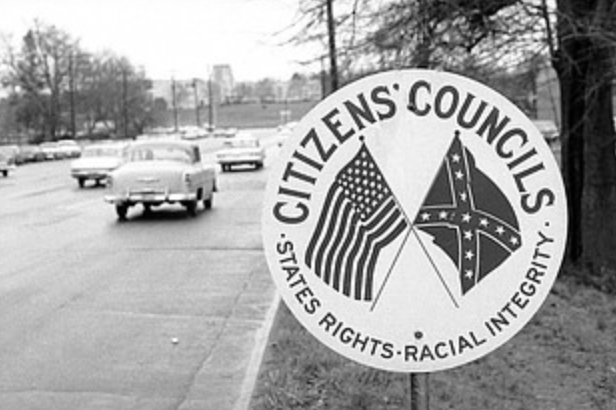
The White Citizens' Councils, a private organization led by prominent whites, provided the main form of "massive resistance" to court-ordered desegregation and the larger civil rights struggle in the South. The first Citizens' Council formed in Indianola, Mississippi, in July 1954, after the initial Brown decision; many more formed in 1955, after Brown II. By 1957, the White Citizens' Councils had a membership of between a quarter million and a half million Southern whites.
The Citizens' Councils recruited its membership mainly from the middle classes, the people who considered the Ku Klux Klan too lowbrow. As J. Edgar Hoover put it: "The membership of these organizations reflects bankers, lawyers, doctors, state legislators and industrialists. In short," he said, "their membership includes some of the leading [white] citizens of the South."
You can read more of his assessment here:
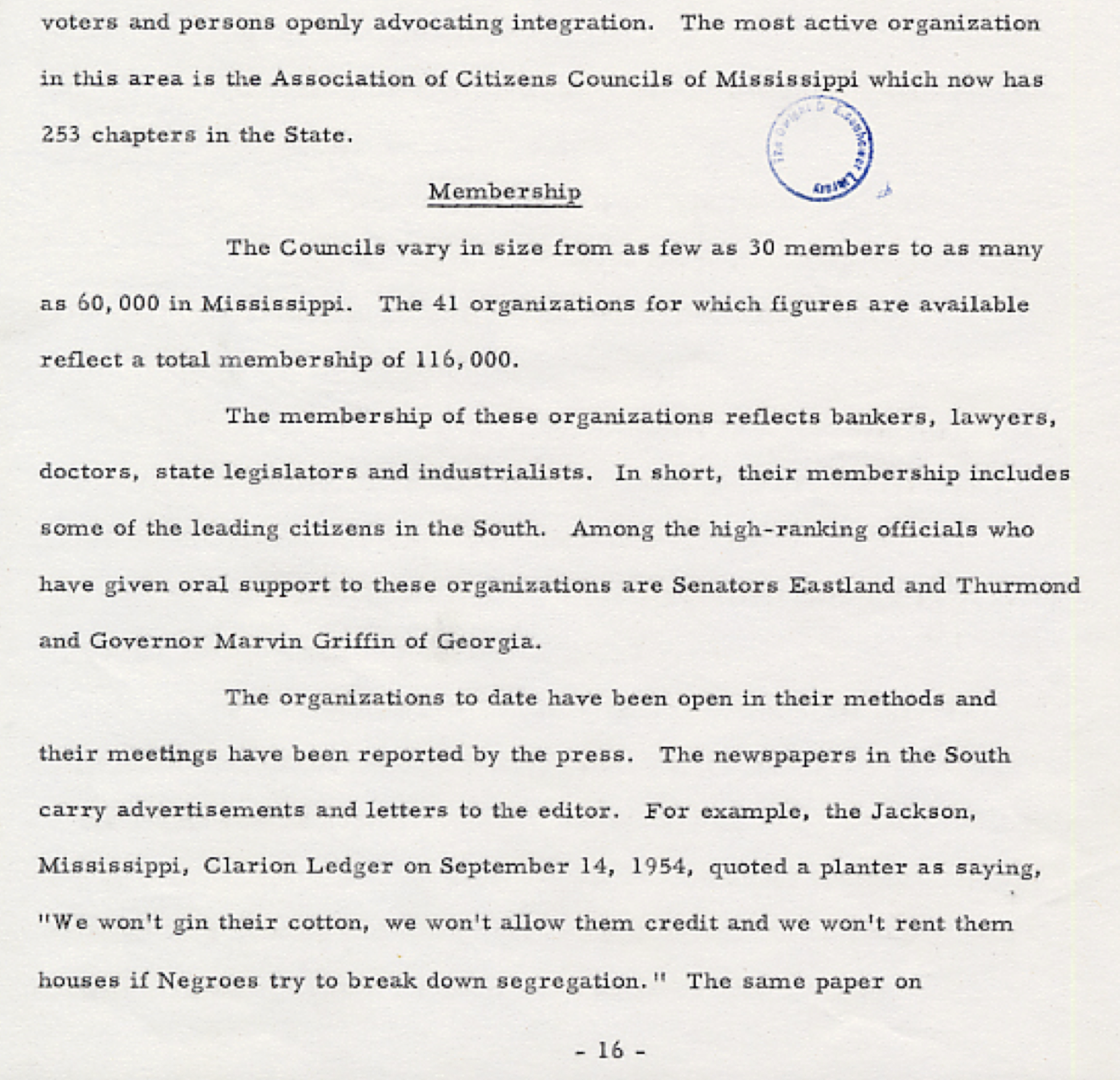
The Councils contrasted themselves with the crude racism and violence of the Klan, insisting that they could defend white supremacy through nonviolent means.
A Council leader from Alabama put it bluntly. "We intend to make it difficult, if not impossible" he told reporters, "for a Negro who advocates desegregation to find a job, get credit or renew a mortgage." When black parents petitioned for desegregated schools during the summer of 1955, for instance, his council published the names and publicly called for the petitioners to be placed on an employers' blacklist.
Officially, then, they rejected violence and resisted civil rights change through "peaceful" means. Unofficially, though, the Citizens' Councils lent respectability to the grass-roots resistance to school desegregation. They gave community approval to the actions of the mobs of white parents, the gangs of white teens, and at some distance, the violence of terrorist groups like the Klan.
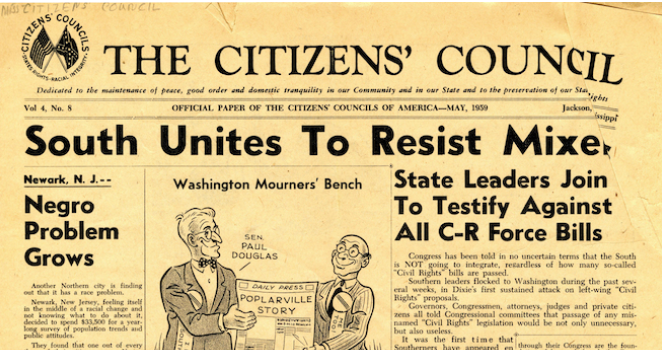
The Councils presented themselves as serious and sober-minded citizens who just happened to be white supremacists. While some correctly called them out as just the "white collar Klan," many media outlets decided to treat them as something decidedly different, platforming their complaints as legitimate in ways they never would have with the Klan.
For instance, here's an NBC interview from 1963 with W.J. Simmons, head of the Citizens' Council of America – they had learned by then that dropping the "White" made them seem less overtly racist – asserting what is essentially the same "great replacement theory" that fueled white supremacist violence then and now:
For too many political reporters, the way someone makes the argument – how nice they look, how erudite they sound, how polite they seem – has long taken precedent over the actual argument itself.
Their rule of thumb seems to be that, as long as the tone is cheerful, there's no need to examine the ugliness of the words. As long as the speaker is smiling, there's no need to hear what they say.
But a true reckoning with the life and legacy of any political activist – no matter where they stood on the spectrum – has to address the substance of their words and deeds, and not just their style. Focus on exactly what they said, not how nicely they said it.
The Citizens Councils were not as bloodthirsty as the Klan, but they used economic pressure to harass people who said the wrong things and often to get them blacklisted or even fired. They were more polite about it, of course, but that's a distinction that didn't matter to their victims.
And it shouldn't matter to us. Not then, not now.
